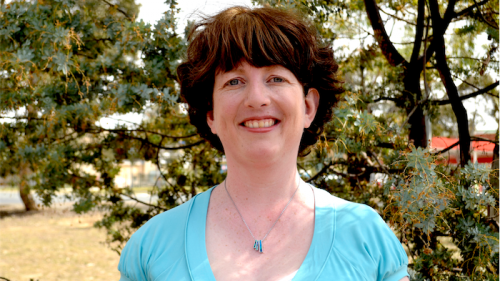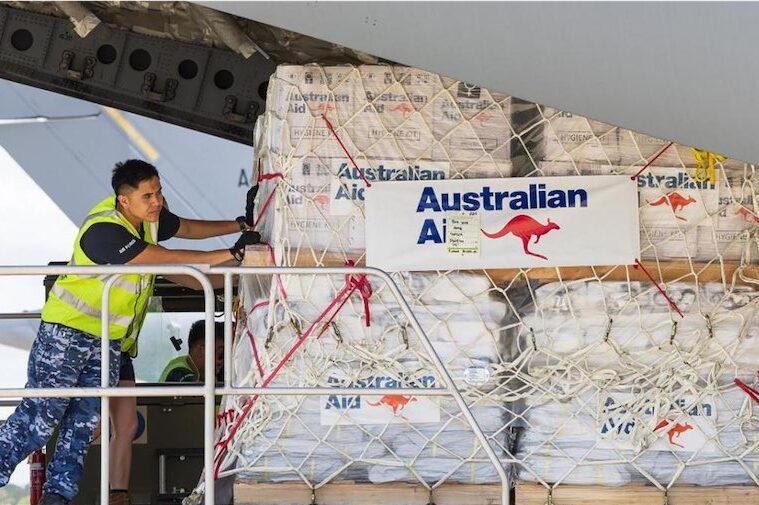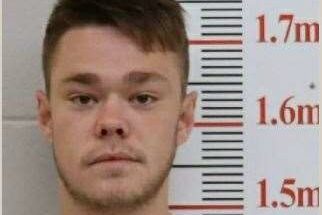
SINCE Melissa Freasier started helping people (particularly seniors) downsize and declutter more than two years ago, she’s seen some rare and fascinating things.
“I was at a job recently where the lady had generations of interesting papers such as old ticket stubs and tourism brochures,” says Melissa, 39, of Garran, who started working with downsizers after helping both her parents and parents-in-law declutter and organise their homes in their retirement years.
“On her behalf I was able to rehome some of those papers to different museums.
“She had been saving them with the prospect of giving them to a museum so she was glad.”
It’s not uncommon for items to go to museums and Melissa says people want to see their things go to a good home.
“People really regret downsizing quickly because they regret not having things go where they want them to,” she says.
“People really like being able to support charities. There’s some really worthy organisations out there and people want to see their items going to their favourite charity.”
According to the Australian Bureau of Statistics 17 per cent of residents aged over 65 live in inner Canberra, and, Melissa says many of them choose to spend their later years in a retirement village, which is why she began Caring Transitions.
“Sometimes, family is either too far away or too busy to help, so more and more empty nesters are outsourcing the task of helping to downsize their home,” she says.
“This is the ultimate move that I have the distinct pleasure of helping people with.”
But Melissa, who says she hasn’t yet met anyone over 50 who doesn’t think they have too much stuff, also loves giving advice to people looking to downsize on their own.
She’s running a free workshop at the Hughes Community Centre on Wednesday, November 14, where she will be sharing her decluttering knowledge with the community.
“At the downsizing seminar they learn how to start on their downsizing projects, what to do with all their objects and other tips and tricks for making the process easier,” she says.
“People are often paralysed with the prospect of where to begin.
“A lot of it is trying to find good homes for things because people don’t want their memories going to the skip.
“They also don’t want their children to have to deal with it later. They want the control of where everything ends up.”
Melissa says a good place to start is in the garage and recommends having an “outsider” come in as a sounding board throughout the process, whether it’s a family member or friend.
It can be a pretty overwhelming process, physically and mentally, so she advises breaking the downsizing process into chunks of two or three-hour periods.
But, she says it can be fun, too, and suggests doing an activity, where people go around the room and put red stickers on everything they don’t want.
“Then bundle everything up and put it in the boot of the car and take it away,” she says.
For “just-in-case items” Melissa says ask yourself: “Is it worth less than $20?” And if it is, they might get a little comfort knowing they can get it again down the track for a small amount.
“Just in case may mean never,” she says.
“It’s about calling things by their real name, like: ‘A book I may never read again’.
“Once people get on a roll, they do find they’re able to get going with things.
“I’m not a fan of giving away sentimental items or promoting Japanese minimalism.
“It’s about people having the things they want and being able to find a good home for the things they don’t.”
Caring Transitions’ downsizing seminar, Hughes Community Centre, 11am-12.30pm, November 14. Bookings to 6260 4679.
Who can be trusted?
In a world of spin and confusion, there’s never been a more important time to support independent journalism in Canberra.
If you trust our work online and want to enforce the power of independent voices, I invite you to make a small contribution.
Every dollar of support is invested back into our journalism to help keep citynews.com.au strong and free.
Thank you,
Ian Meikle, editor





Leave a Reply